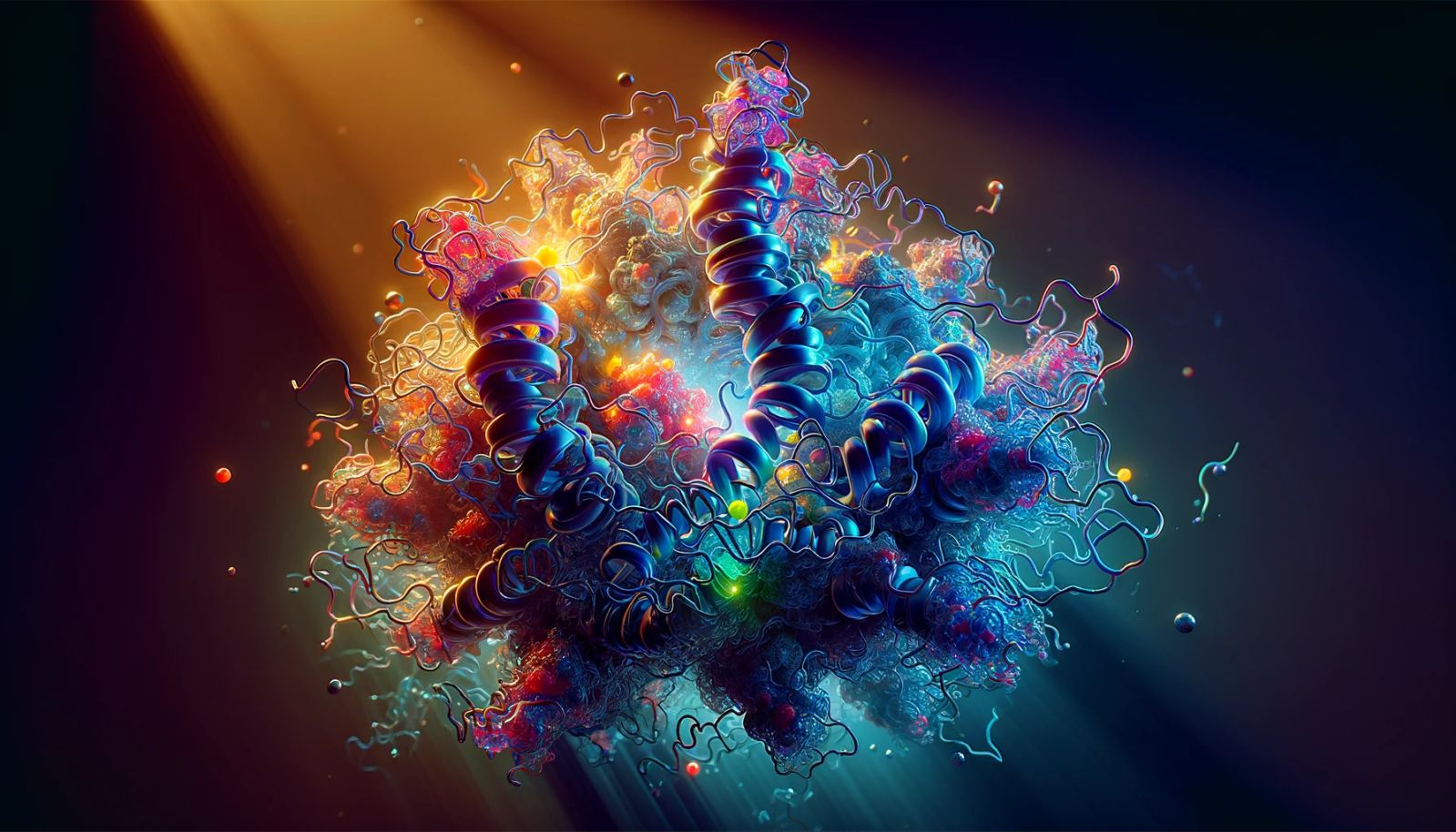Researchers Have Managed to Control the Protein That Fuels 75% of Cancers
Published by Redbran,
Source: Journal of the American Chemical Society
Other Languages: FR, DE, ES, PT
Source: Journal of the American Chemical Society
Other Languages: FR, DE, ES, PT
Follow us on Google News (click on ☆)

MYC plays a crucial role in the transcription process, facilitating the conversion of DNA genetic information into RNA, then into proteins. However, in cancer cells, MYC activity is deregulated, thus promoting rapid cancer growth. The major challenge faced by the UCR team lies in MYC itself: unlike other proteins, MYC lacks a fixed structure, which complicates the discovery of drugs capable of binding efficiently to it.
The UCR innovation relies on a peptide compound designed to bind to MYC and suppress its activity. This approach, detailed in a recent publication in the Journal of the American Chemical Society, is based on modifications to the peptides' rigidity and shape, thus increasing their capacity to interact with unstructured protein targets.
The researchers have notably improved this peptide's binding capacity to MYC, bringing it closer to antibody-level performance. Currently, they are working on optimizing the delivery of the peptide into cells, utilizing lipid nanoparticles and developing a chemistry that facilitates the entry of the leading peptide into cells.
This advance not only offers a new therapeutic perspective against cancer; it also paves the way for a better understanding of chaotic biological processes.